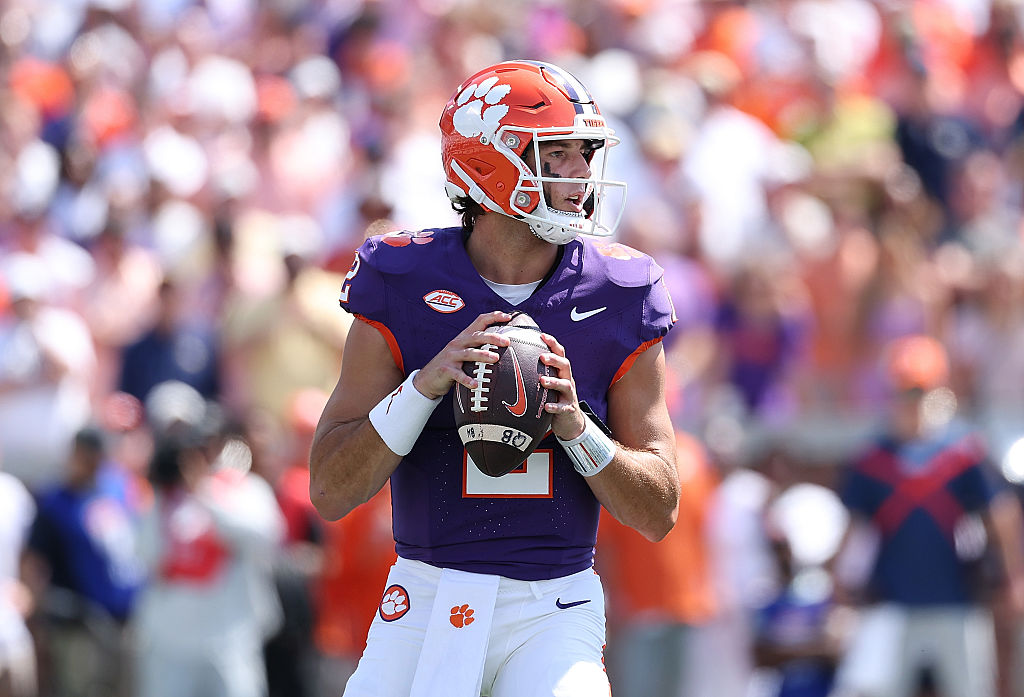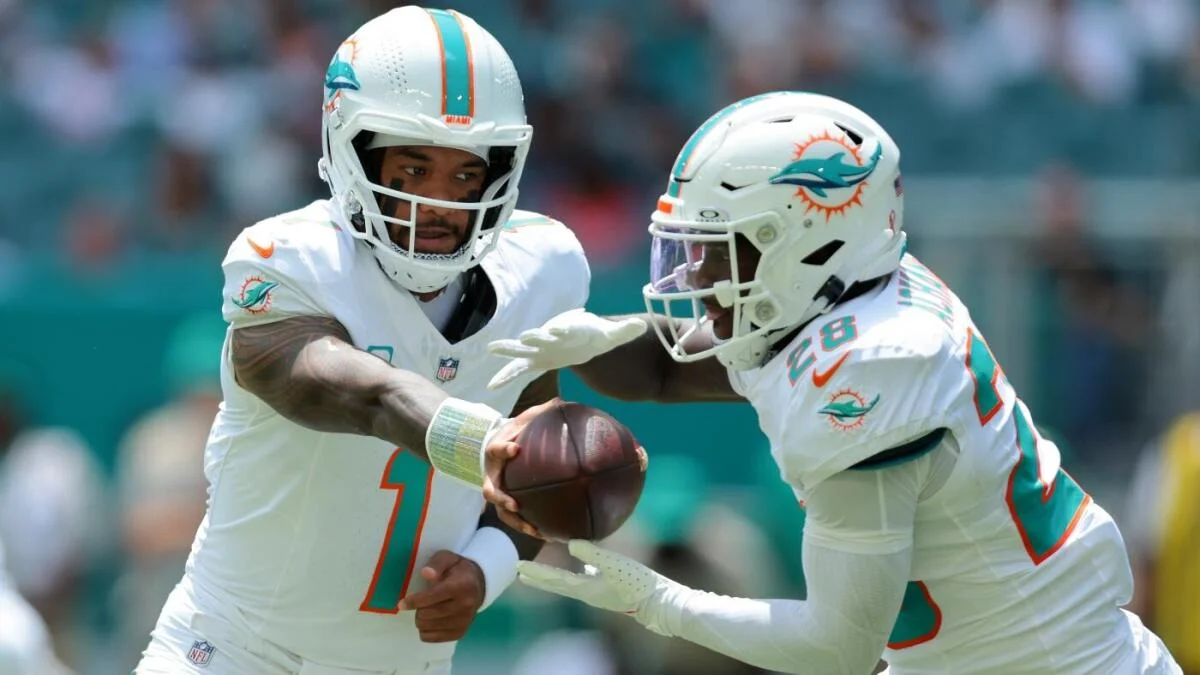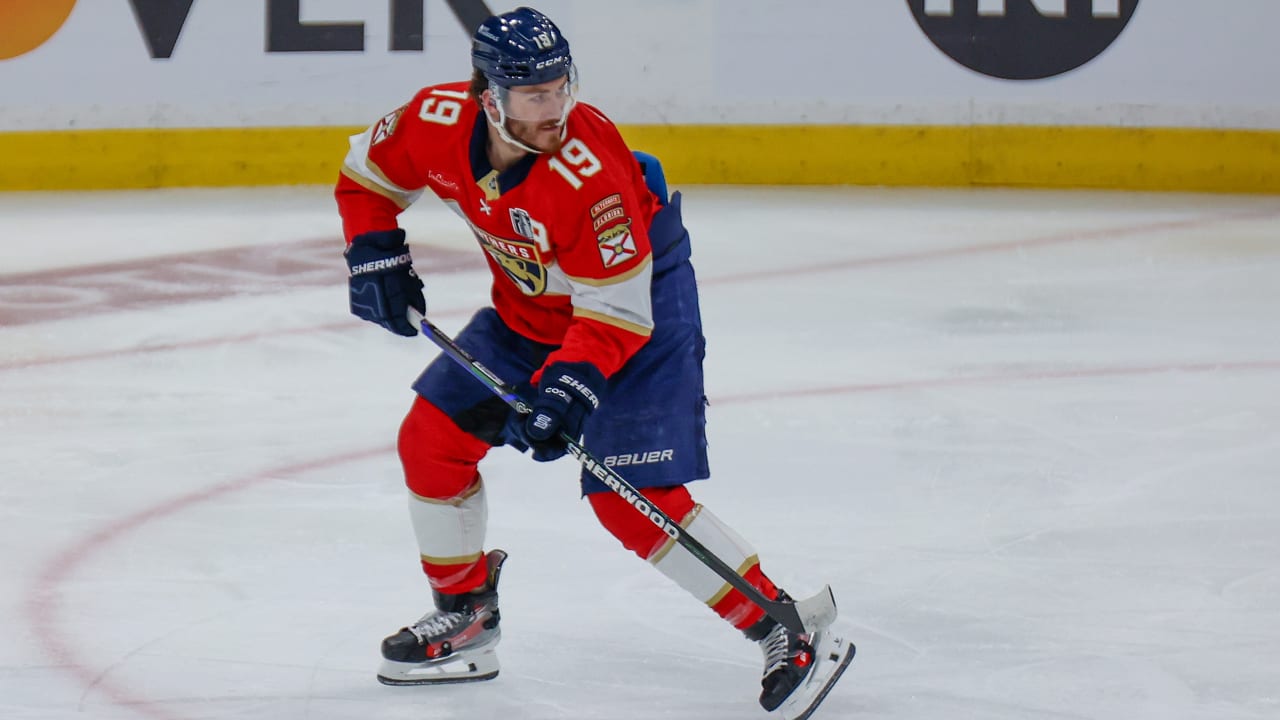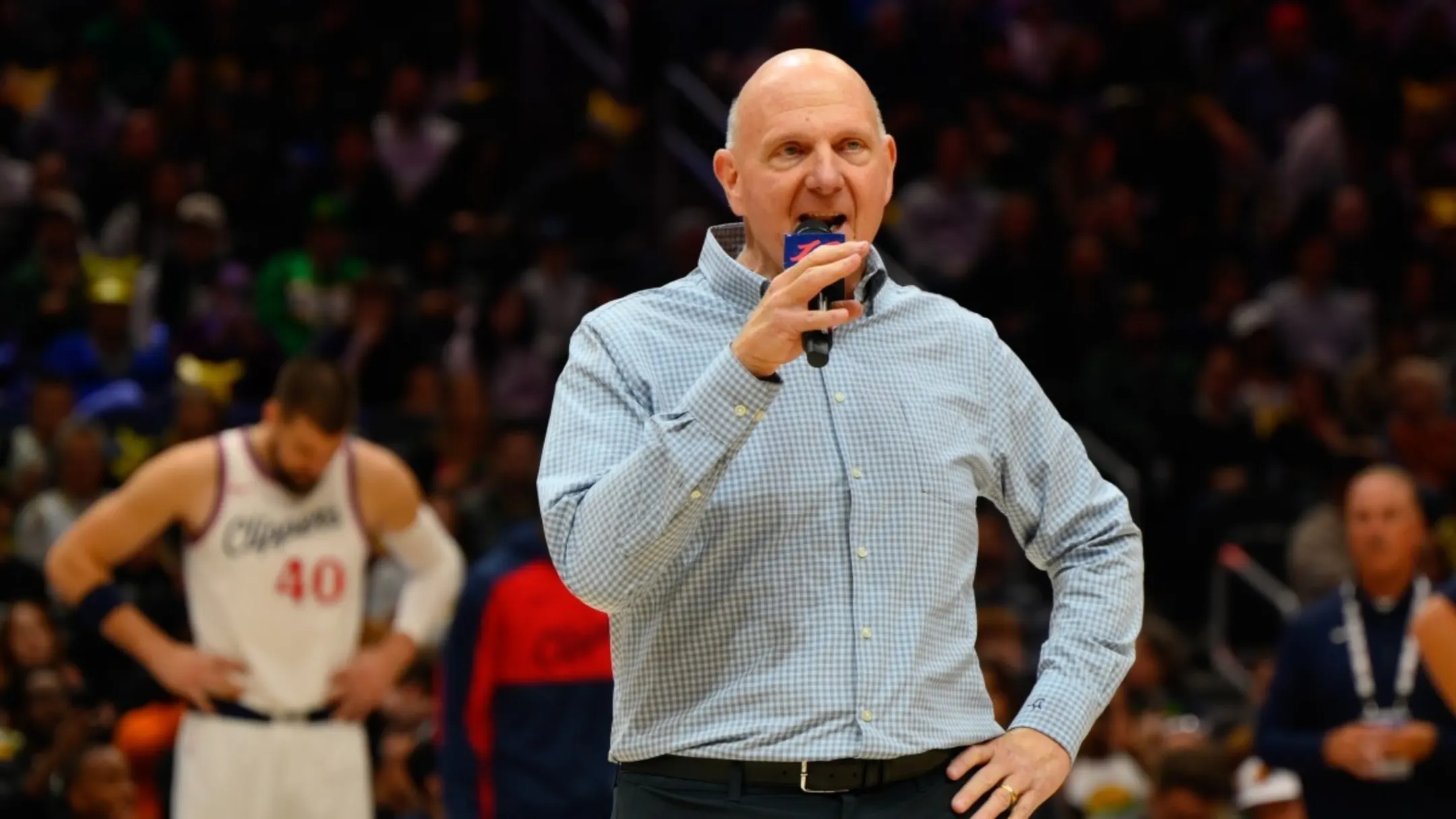College Athletes, NIL Money, The Price Of Criticism: Welcome To Pay-For-Play, And The Real World
By Trey Wallace
Copyright outkick

There was once a time when college athletes were only judged by their performance on the field. Criticism came with the territory, but it wasn’t largely tied to money. Not anymore, even though Clemson’s Cade Klubnik might not agree. Since the introduction of NIL, fans have a new weapon: salaries. If athletes are being paid — and those dollars are tied to ticket sales and donations — then their performances are fair game for public scrutiny. Social media only magnifies it. Players might try to stay offline after a rough Saturday, but family members and friends see the message boards and mention them on a daily basis. That criticism now carries more weight because money is involved, tied to their play on the field and NIL. Dabo Swinney Says He’ll Leave Clemson If Fans Don’t Want Him: “I’ll Go Somewhere Else And Win” But, guess what? Even if some athletes want to act as if this is not something they signed up for, they’re still making a bunch of money to play college athletics. Did College Athletes Ask For This? Not According To One QB Take Clemson quarterback Cade Klubnik, who recently tried to distance himself from the NIL spotlight. “Football is number one for me. Go ask anybody — family, agent, whatever it is — I’m not [worried about] any of that stuff anytime close to the season,” Klubkik mentioned on Wednesday. “It’s part of the game now. It’s not necessarily something I asked for, it’s just something that’s happened, so I don’t feel like I should be held responsible for that, if you know what I mean? “But it’s something that’s happened, and I think that people handle it differently. I think we’ve done a really good job of handling it here. We gotta just continue to love the game, man.” OK, that’s a reasonable answer, and I certainly respect it. But, he’s still being paid millions to play college football. The money he is making to be the starting quarterback at Clemson should come with the territory of taking some heat regarding his play on the field. It’s an understandable perspective, but it doesn’t change the reality. Klubnik is still being paid millions to be Clemson’s starting quarterback. That paycheck comes with expectations — and yes, criticism. Not hatred, not personal attacks. But scrutiny? That’s part of the deal, especially for a program with national championship hopes sitting at 1–2. Welcome To The Pay For Play World In College Athletics When schools began paying athletes directly — not just through third-party collectives — the entire atmosphere around college sports shifted. Call it minor-league football, G-League basketball, or whatever you like. At its core, it’s now performance-based pay. If a player has a down year after signing a lucrative deal, schools won’t be eager to offer the same terms again. In this new system, the transfer portal is essentially free agency, and programs are treating it like business. You think a school is going to offer a college football player the same lucrative deal for next season, if they underperformed? No, this is a business now, with a salary cap and a transfer portal that could lead to a staff taking a risk on finding someone who could be a better fit, and maybe even cheaper. “I mean, you can’t have it both ways,” Dabo Swinney mentioned this week about NIL. “It’s more than just a scholarship. Revenue-share is based on performance, right? These aren’t lifetime contracts. It’s no different than the next level. You gotta perform.” Athletes need to understand this reality. Schools are paying for marketing rights, branding, and results. If those results don’t come, fans will react, and the media will analyze. “Guys don’t play well, it’s gonna be a different conversation when you sit down the next year, right? So that’s part of it.” This doesn’t mean athletes should be subjected to vitriol or hate. But fair criticism? That’s the cost of doing business. NIL has officially made college athletics pay-for-play, and with that comes the same accountability every professional athlete faces.



